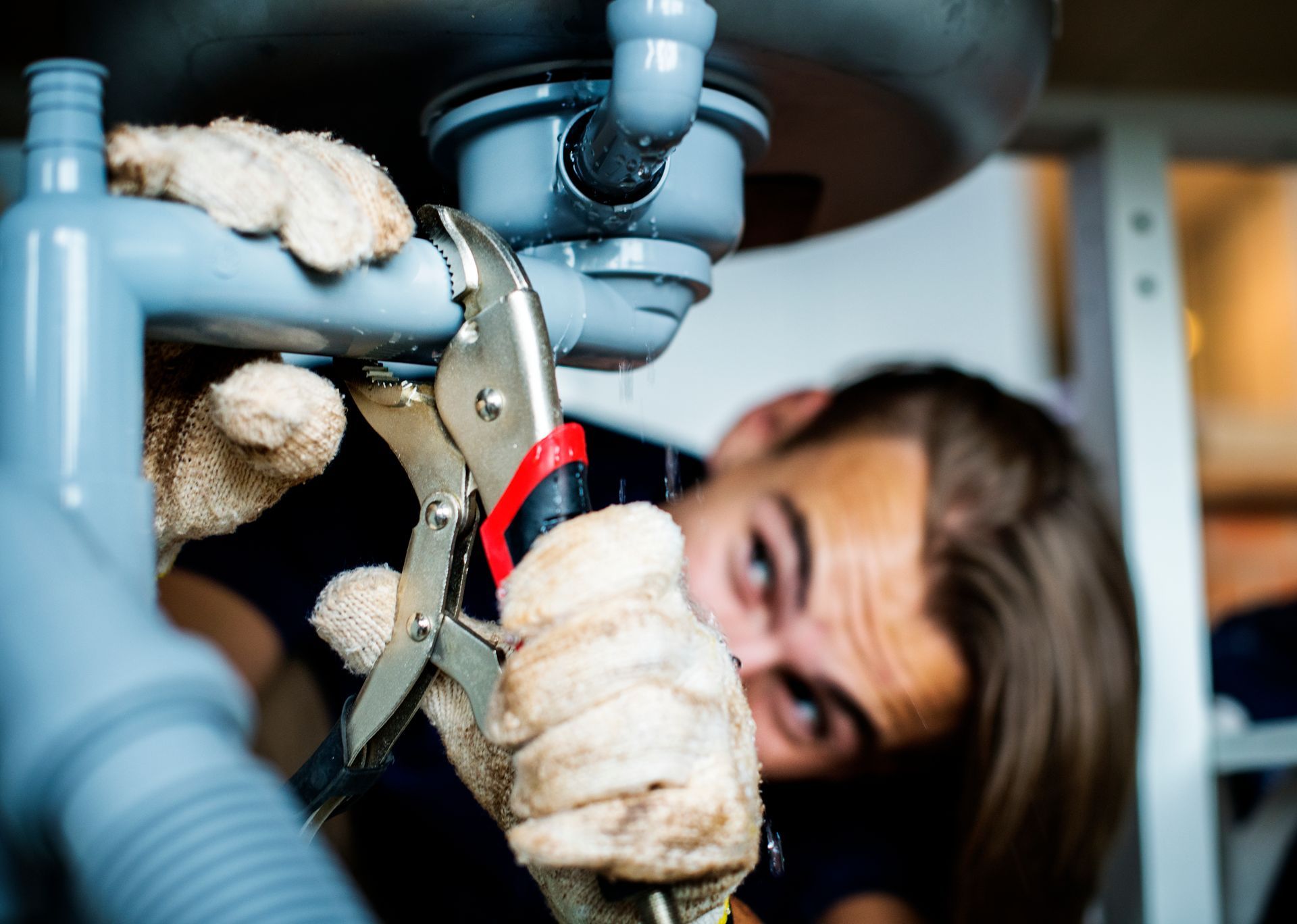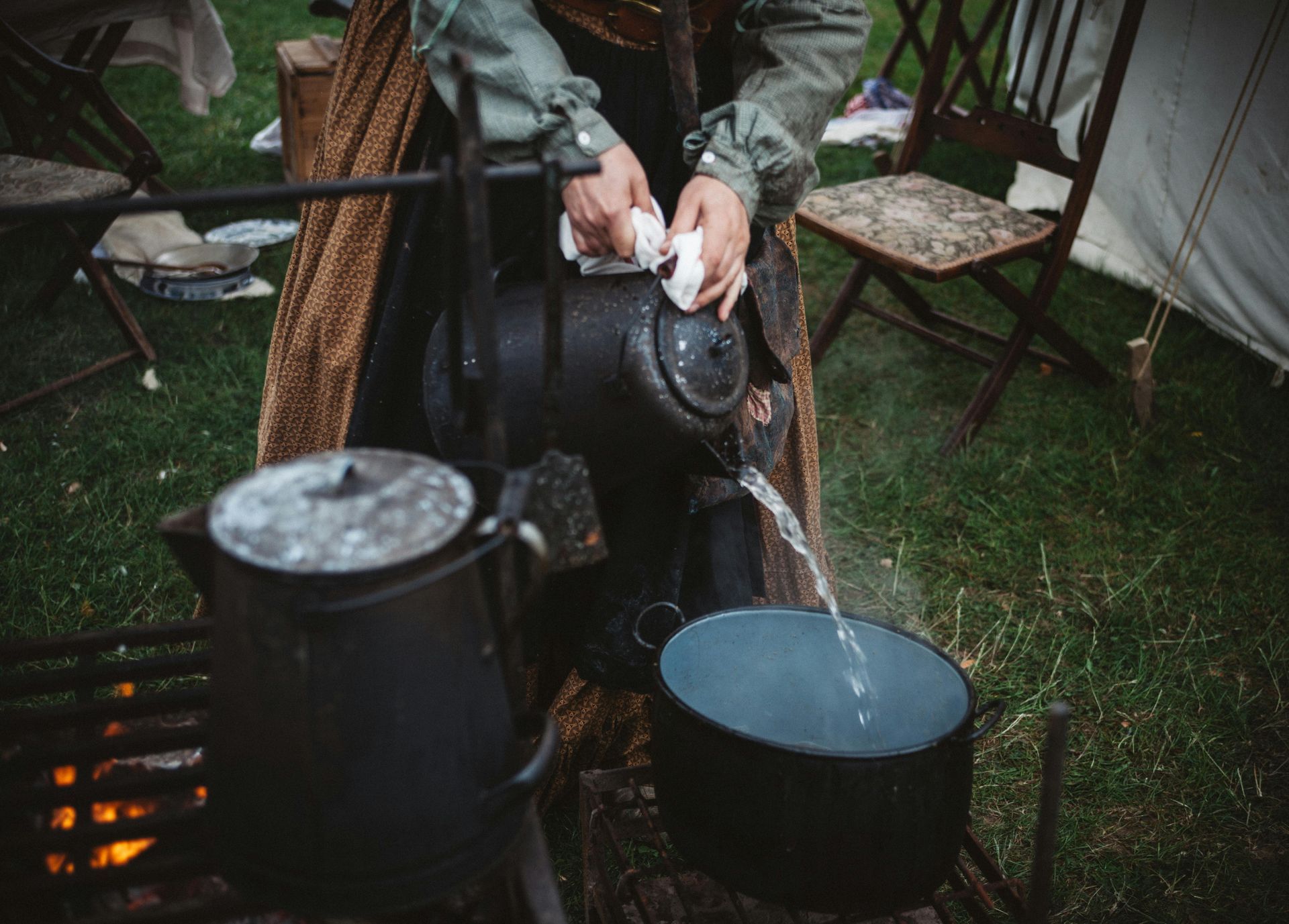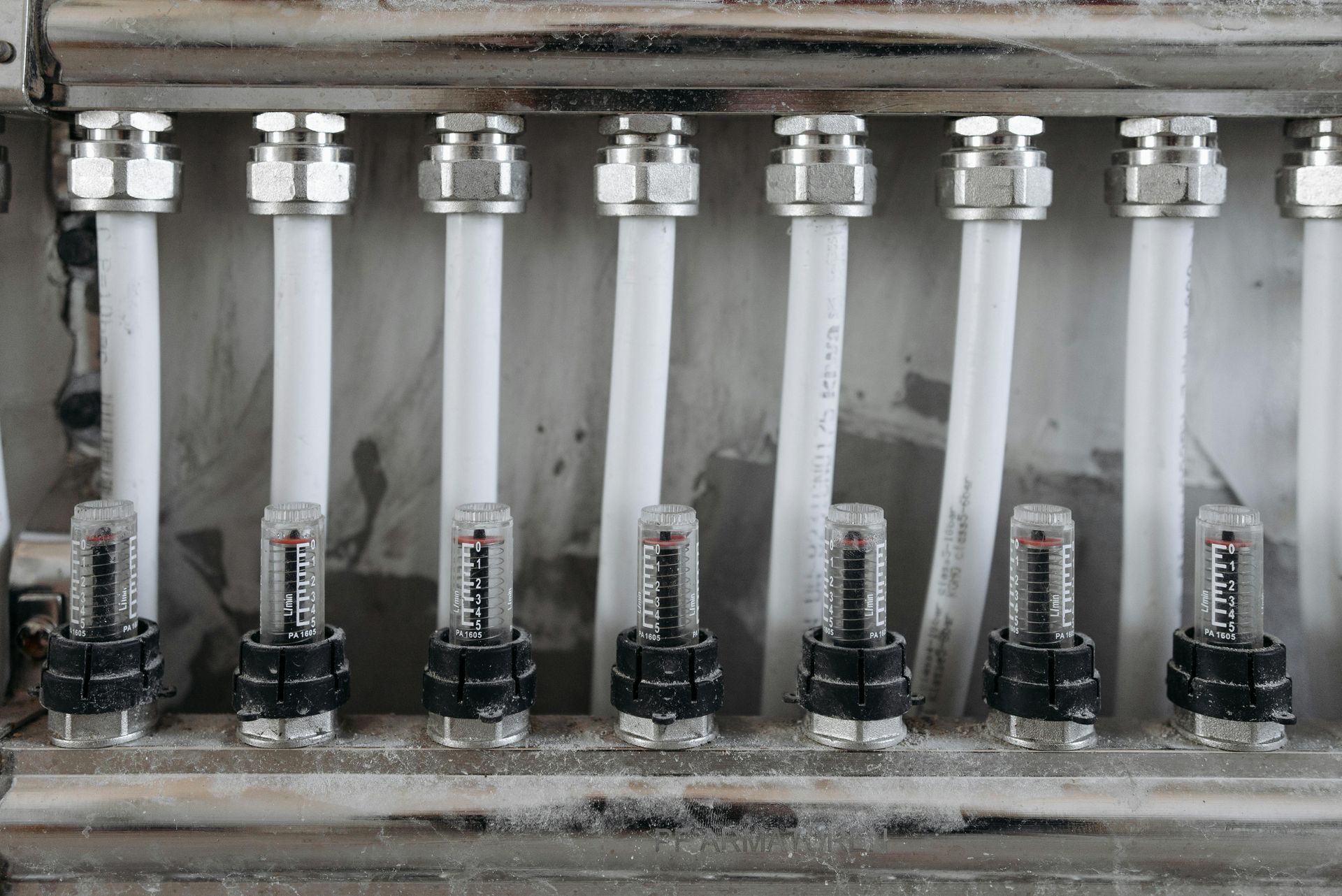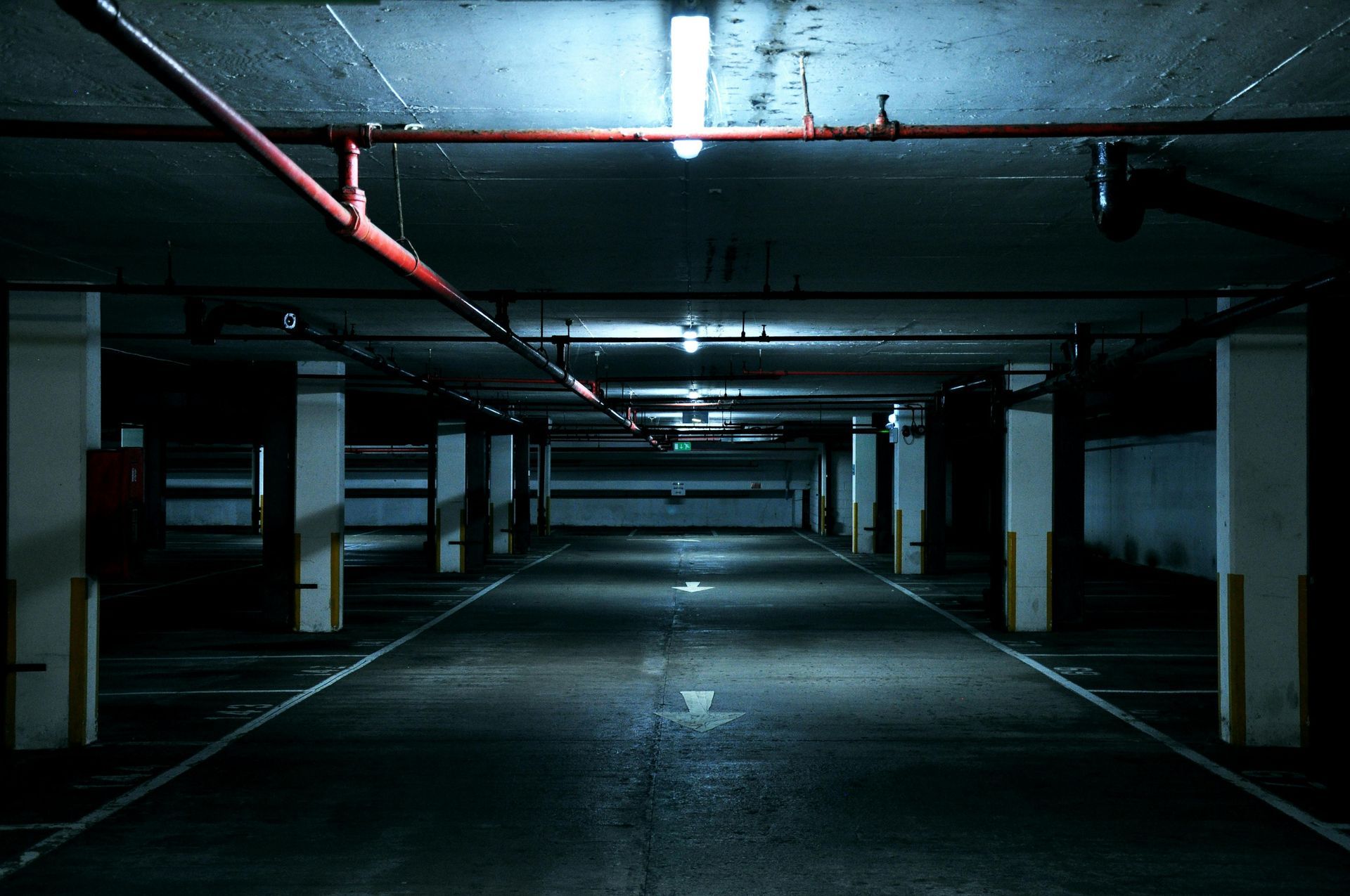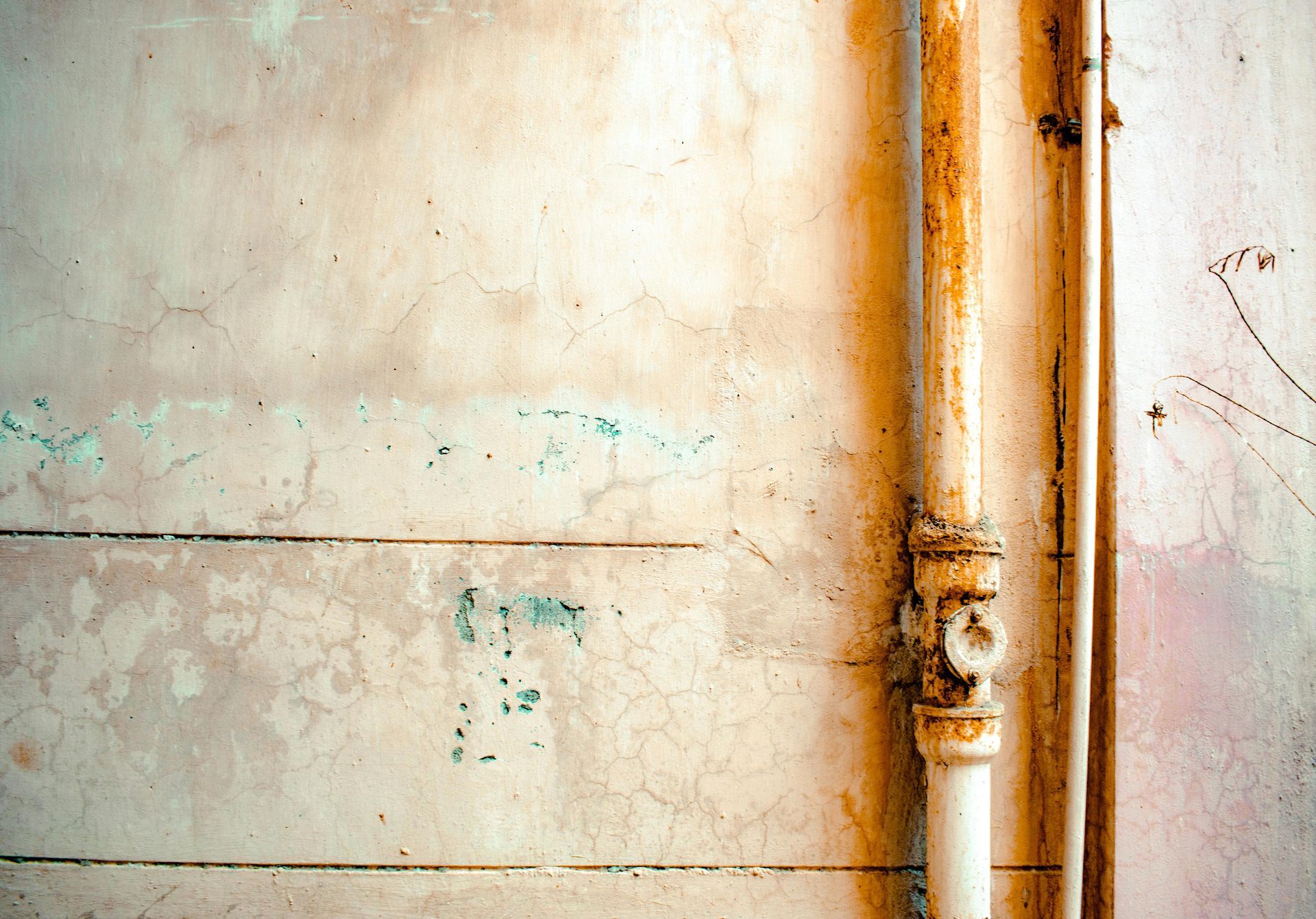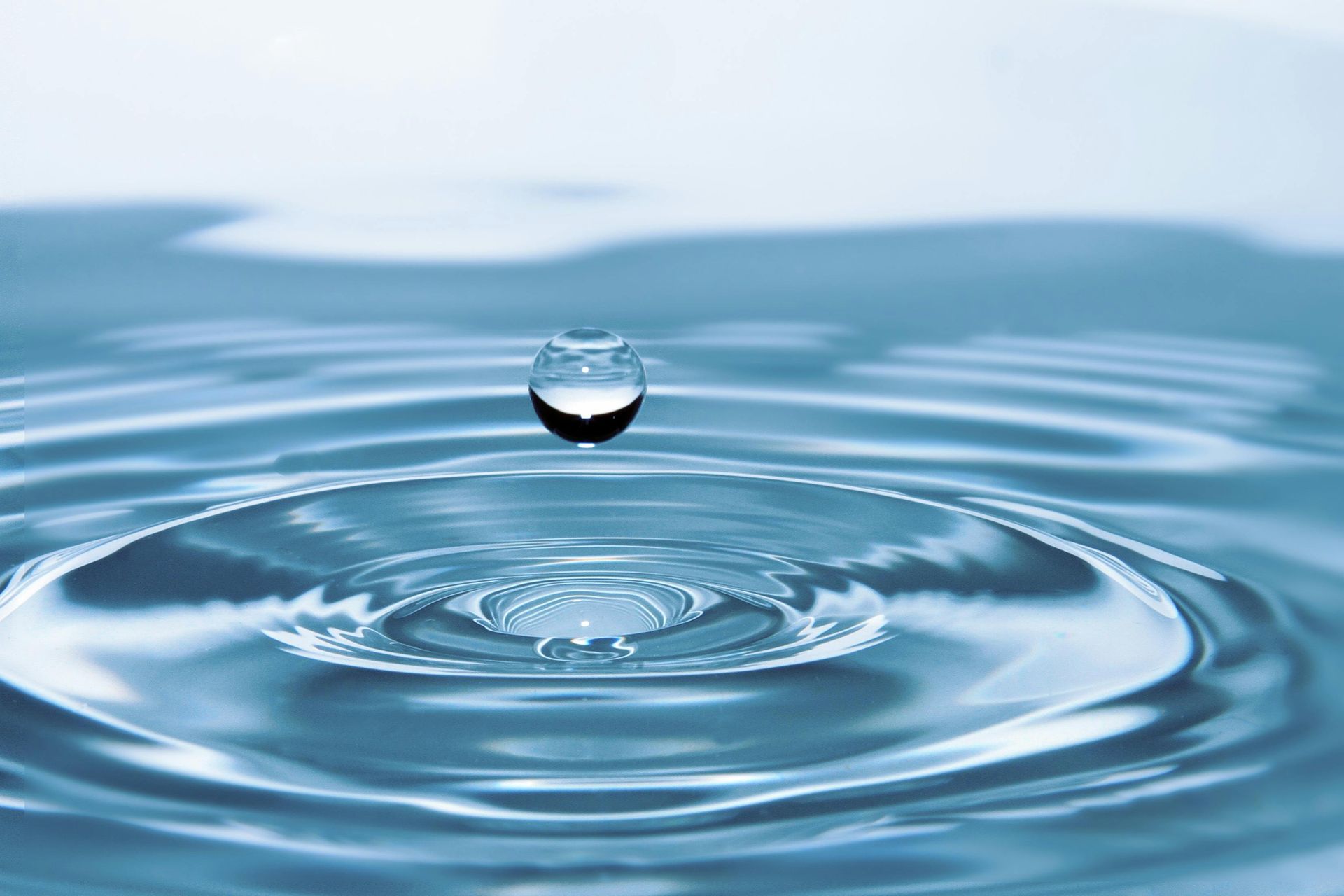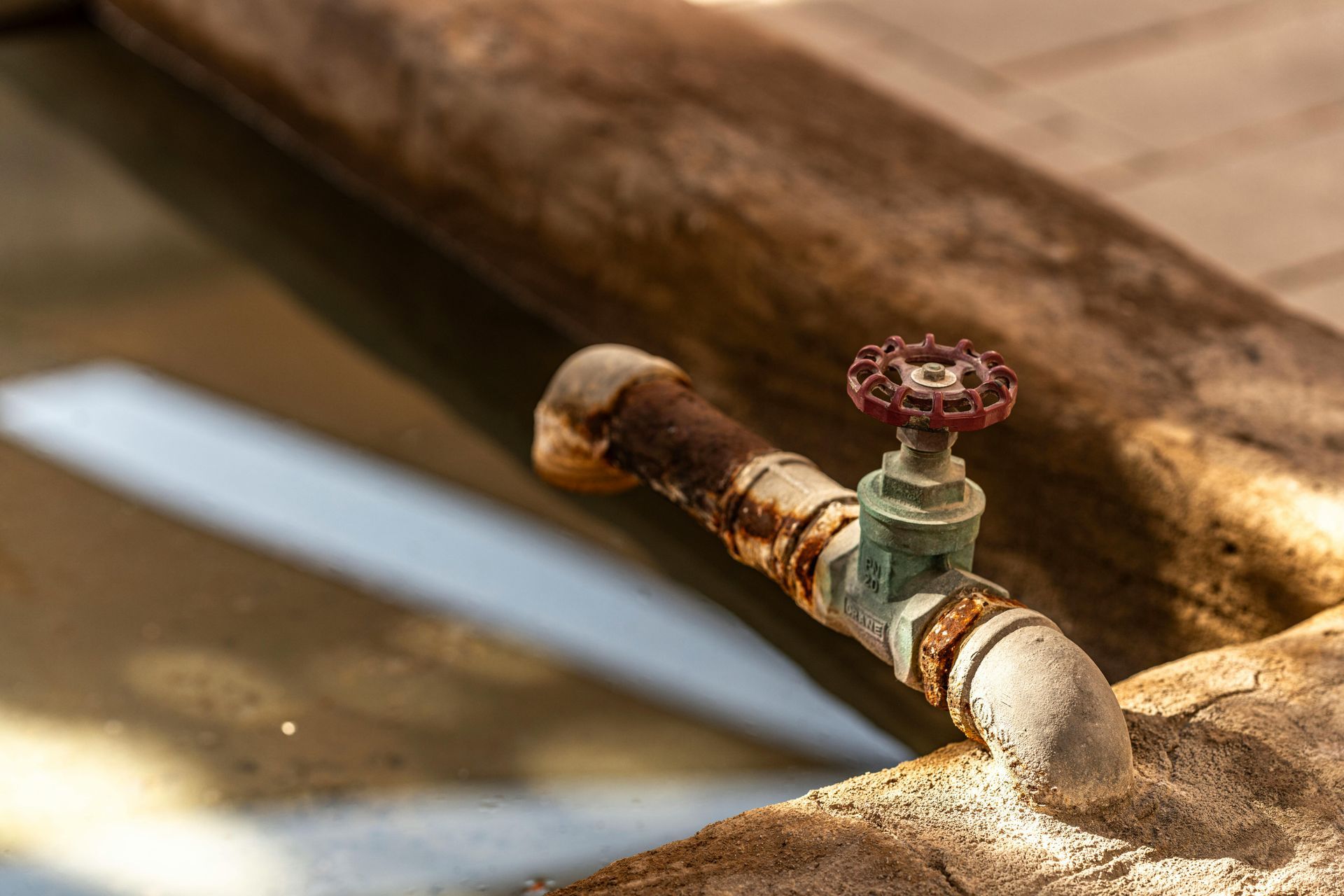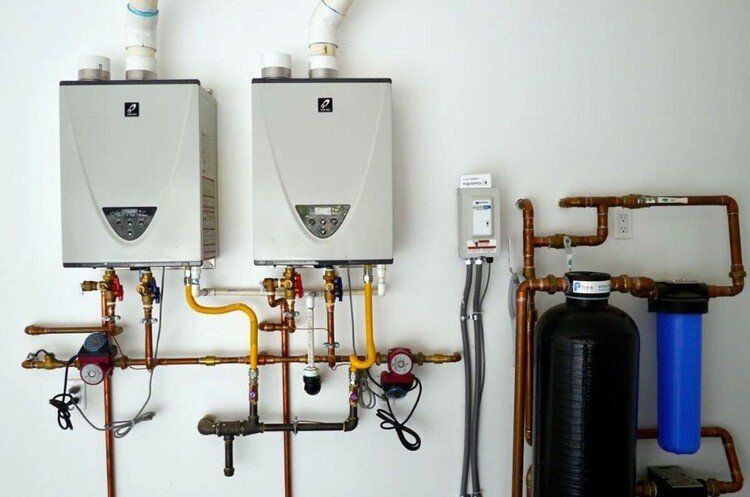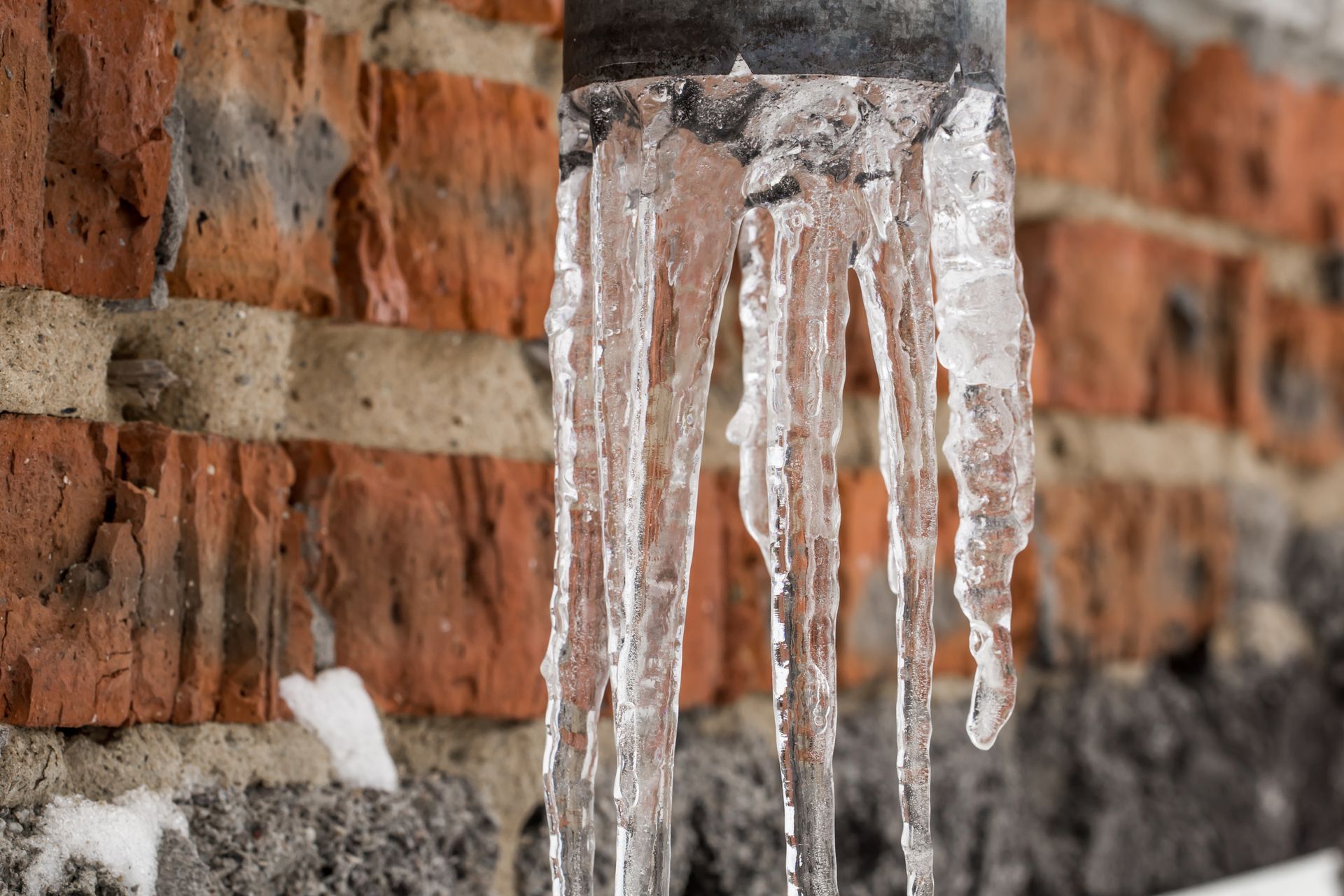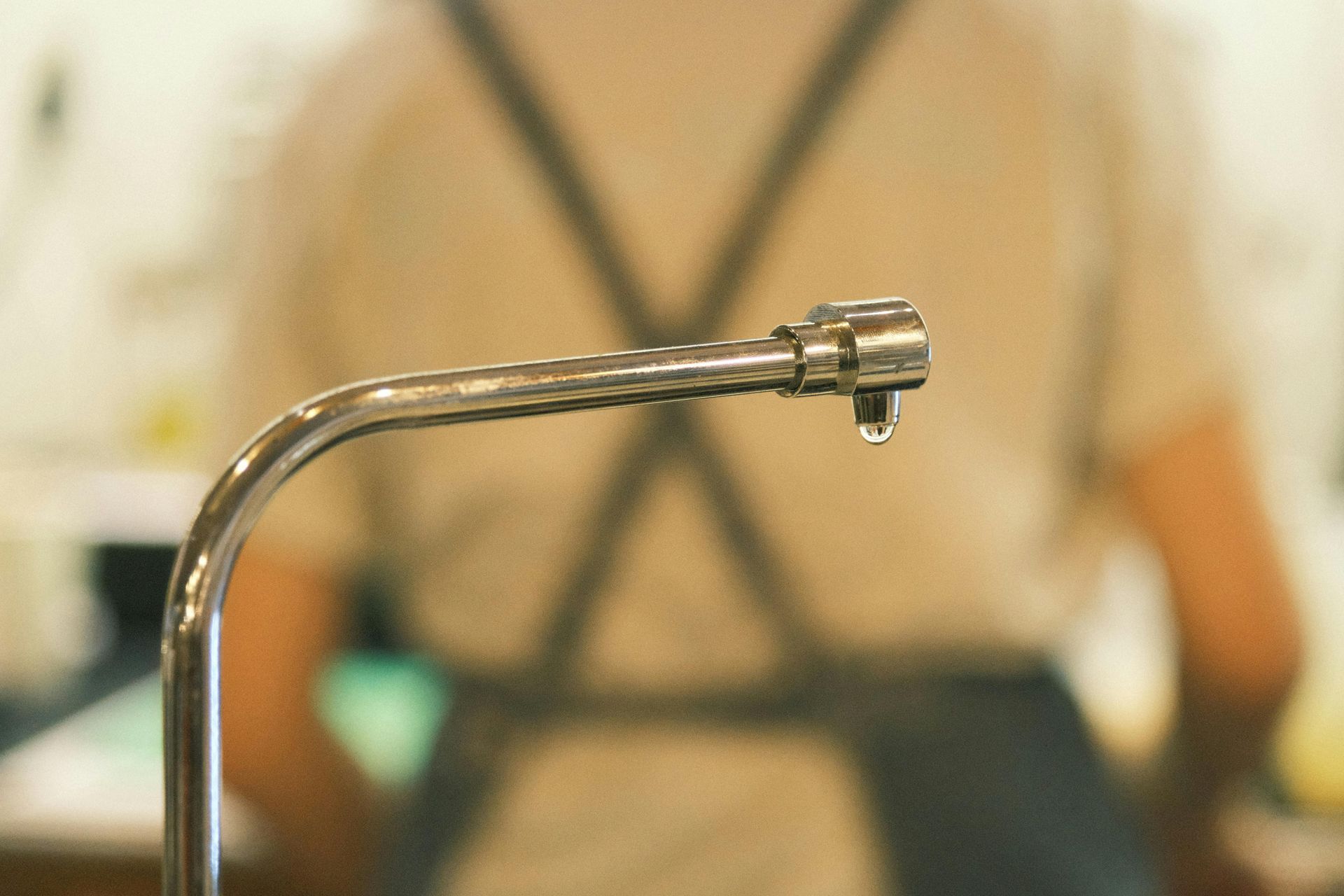Repair or Replace? Making the Best Call for Damaged Water Lines
Water lines are vital arteries that supply clean water throughout your home. However, like any system, water lines are subject to wear, damage, and failure over time. When confronted with a damaged water line, homeowners and property managers must weigh the decision between repairing the existing pipes or opting for a full replacement. This decision significantly affects long-term plumbing reliability, budget, and property value. Licensed professionals such as All City Plumbers, equipped with essential plumbing tools and expertise in waterline repair and replacement, help ensure the right choice is made for each unique situation. This article offers a comprehensive exploration of the factors influencing the repair versus replacement decision, detailing cost considerations, damage severity, plumbing materials, and implications for home maintenance.
Understanding the Scope: Repairing Damaged Water Lines
Waterline repair involves addressing localized problems in the pipe system such as small leaks, cracks, or corrosion spreads that are limited in extent. Repairs can range from patching leaks with clamps or epoxy to replacing individual pipe sections. The scope of repair usually depends on how much of the pipe is compromised, its accessibility, and the overall condition of the plumbing system.
Repairs tend to be less invasive and faster than replacements, making them attractive for homeowners aiming to fix isolated issues without large disruptions. For example, a pinhole leak under a sink or a cracked joint in an accessible section can often be fixed within a few hours, keeping costs relatively low.
However, repair effectiveness hinges on early detection. Repairs can serve as temporary or permanent solutions depending on pipe age, remaining lifespan, and the extent of hidden damage. Licensed plumbers stand out from the rest by conducting thorough inspections using essential plumbing tools—such as pipe cameras and pressure testers—to assess the full context of damage and provide accurate repair recommendations.
When Replacement Becomes Necessary
Conversely, waterline replacement involves removing and installing new pipes for larger sections or the full system. This option is usually considered when damage is widespread, pipes are outdated, or repairs have been frequent but ineffective.
Materials like galvanized steel, cast iron, or polybutylene pipes, common in older homes, degrade over decades, leading to corrosion, frequent leaks, and poor water quality. In such cases, waterline repair only delays inevitable failure and might lead to escalating costs.
Full or partial replacement, while having a higher upfront cost, offers long-term reliability, improved water flow, and potential increases in home value. A new pipe system made from modern materials like PEX or copper is more resistant to corrosion, easier to maintain, and often comes with warranties. Licensed plumbers leverage state-of-the-art essential plumbing tools and trenchless technologies to minimize disruption during replacement operations.
Cost Considerations in Repair vs. Replacement
Cost often dominates the repair versus replacement judgment. According to industry data, repairing a water line can cost between $350 to $1,700 depending largely on the pipe’s location, accessibility, and extent of damage. Minor leaks or localized repairs may range from $150 to $500, while more complex repairs, particularly those requiring excavation or multiple fixes, can push costs higher.
Waterline replacement costs vary widely—from $1,500 to $5,000 or more for typical residential jobs. Whole-home repiping exceeds this range, sometimes reaching upwards of $7,000 to $16,000 depending on home size and pipe material.
A practical rule of thumb is that if repair expenses exceed 50% of replacement costs, replacement is often the more cost-effective, hassle-reducing route. This metric accounts for potential recurring repair costs and the risk of sudden, more damaging pipe failures.
Factors Influencing the Decision
Several key factors guide whether to repair or replace damaged water lines:
- Extent and Severity of Damage: Localized leaks in a few feet of pipe are repair candidates, whereas significant corrosion, multiple leaks, or pipe collapse requires replacement.
- Pipe Material and Age: Older materials prone to decay (like galvanized steel or iron) typically warrant replacement, while newer pipes may be viable for repair.
- Accessibility and Location: Pipes under concrete slabs or inside walls increase labor costs and disruption. Trenchless replacement may reduce impact but involves upfront investment.
- Future Plans and Home Value: Replacing pipes during renovations or before selling may improve system longevity and property appeal.
- Frequency of Repairs: Repeated leaks or patch jobs suggest a failing pipe network better served by replacement.
The Role of Professionals and Essential Plumbing Tools
Licensed plumbers such as All City Plumbers employ comprehensive diagnostic approaches using essential plumbing tools—pressure gauges, pipe cameras, leak detection sensors, and trenchless technology equipment—to assess water line condition with precision. Their expertise allows for informed recommendations balancing immediate needs and future savings.
Professional waterline repair and replacement ensure adherence to building codes, permit compliance, and safety standards, avoiding common DIY pitfalls that can worsen damage or incur fines.
Environmental and Convenience Considerations
Water leaks cause water waste, property damage, and health hazards. Timely repair or replacement prevents soil erosion and mold growth. Trenchless technologies enable pipe replacement with minimal digging, preserving landscaping and reducing inconvenience.
Licensed plumbers weigh these factors to select the optimal repair or replacement approach suited for the property and homeowner's priorities.
Conclusion: Making the Best Call
Deciding between repairing and replacing damaged water lines requires a nuanced evaluation of the damage extent, pipe conditions, cost implications, and long-term benefits. Repairs offer a quick and often affordable fix for isolated issues, while replacement provides peace of mind and improved plumbing system resilience.
Professional plumbers like those at All City Plumbers provide expert assessment and employ essential plumbing tools and advanced techniques in waterline repair and replacement. They guide homeowners towards cost-effective, sustainable solutions that secure water quality, system reliability, and home value.
When faced with damaged water lines, consulting licensed professionals ensures the best-informed decision for your home’s plumbing infrastructure and your peace of mind.

